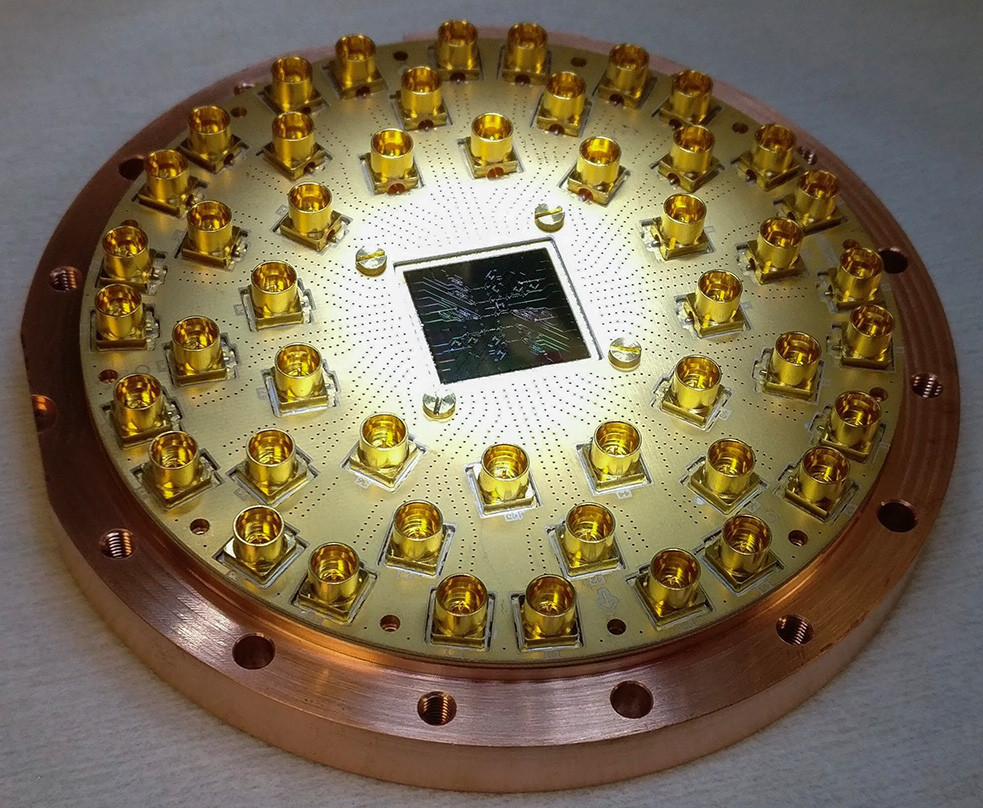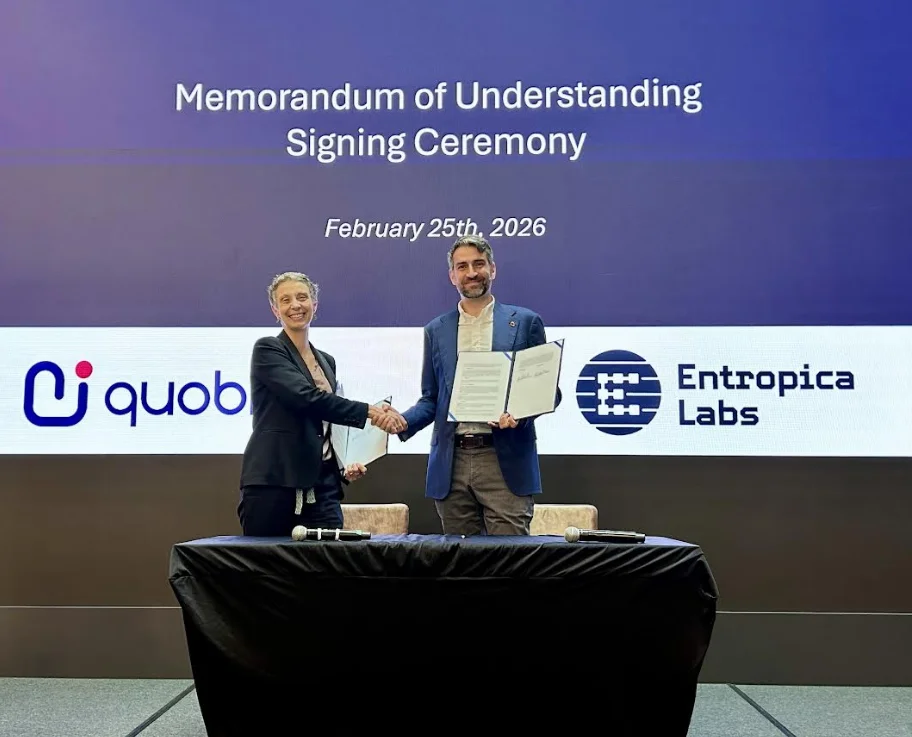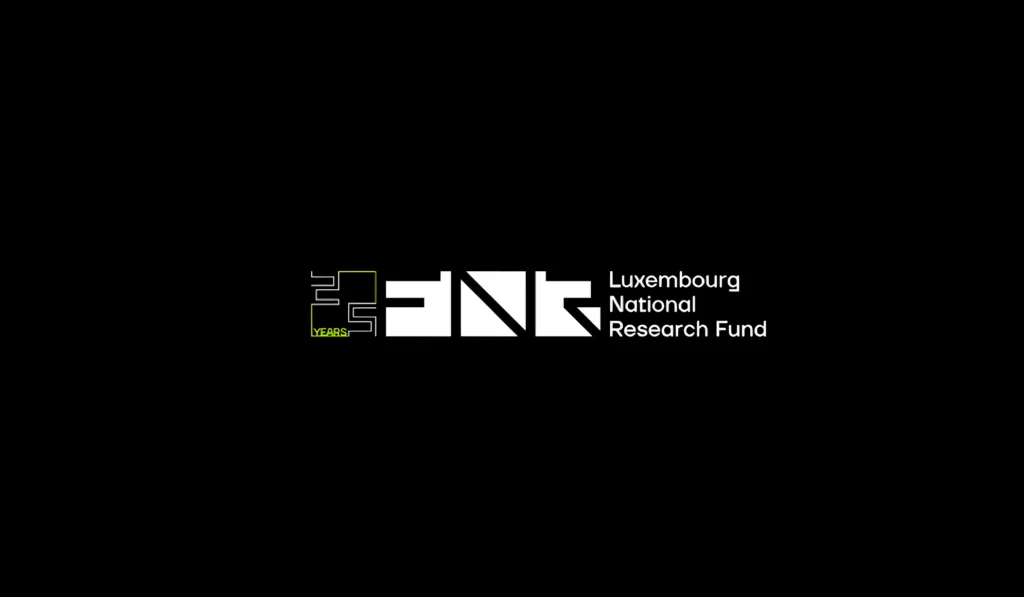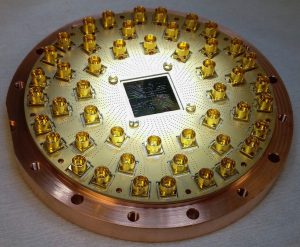
ETH Zurich and the Paul Scherrer Institute PSI established a joint centre to advance the realization of quantum computers based on both ion traps and superconducting components. ETH Zurich provides 32 million francs for this centre, which will host around 30 researchers.
They are bulky, error-prone and difficult to build — the genesis of quantum computers is reminiscent of the birth of conventional computers. Currently, researchers at ETH Zurich operate quantum computers with up to 17 quantum bits, so-called qubits. For quantum computers to be able to unfold their full potential one day, however, devices with thousands, if not hundreds of thousands, of qubits are needed.
The next step is to develop quantum computers with more than 100 qubits. To this end, ETH Zurich and the Paul Scherrer Institute in Villigen are opening the “ETH Zurich – PSI Quantum Computing Hub.” Detlef Günther, Vice President for Research at ETH Zurich, is convinced that “the cooperation with PSI will enable ETH to further expand its leading position in the field of quantum-computing engineering.”
More than 30 scientists will work in the new hub. Under the leadership of ETH professors Andreas Wallraff and Jonathan Home they will pursue research in the two technology areas of superconducting circuits and ion traps. In the future, further groups working on related topics will complement the research centre.

Two Technologies, One Goal
“What is special about the Quantum Computing Hub is that these two technologies are explored in the same laboratory,” says Andreas Wallraff.
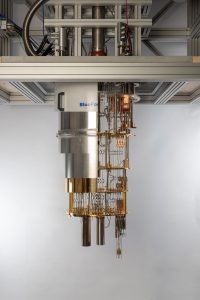 While the hardware of ion and superconductor-based quantum computers is fundamentally different, he sees potential synergies, for example in the development of operating systems.
While the hardware of ion and superconductor-based quantum computers is fundamentally different, he sees potential synergies, for example in the development of operating systems.
ETH and PSI plan to leverage synergies as well: “At PSI, we have been working on industry-related quantum technology for some time. We also develop and use quantum technology for particle physics,” says Gabriel Aeppli, Head of the Photon Science Division at PSI. “The new hub that will be established now together with ETH Zurich is a great addition”. For the Quantum Computing Hub, PSI provides its know-how in the implementation of large-scale research projects as well as in cryo-electronics and nanofabrication and in extremely precise measurement methods at its large-scale research facilities.
The Quantum Computing Hub will be located on the PSI campus in Villigen, Canton of Aargau. For this purpose, an existing building was converted specifically for research on quantum computers.
Quantum Computers for Interdisciplinary Research
ETH Zurich is among the leading universities worldwide in quantum research. In total, more than two dozen professorships in six departments are active in the field at ETH. The quantum computers developed in the hub will be made available to researchers from various departments, to provide them with direct access to a test bed for two leading technologies. Putting the abstract phenomena of quantum mechanics to work in concrete applications requires not only physicists who investigate these phenomena theoretically and experimentally. Equally needed are engineers who deal, for instance, with electronics, nanofabrication, new materials or up-scaling, as well as computer scientists who develop the necessary programming platforms for using the new technologies.
Sources: ETH Zurich, Paul Scherrer Institute

